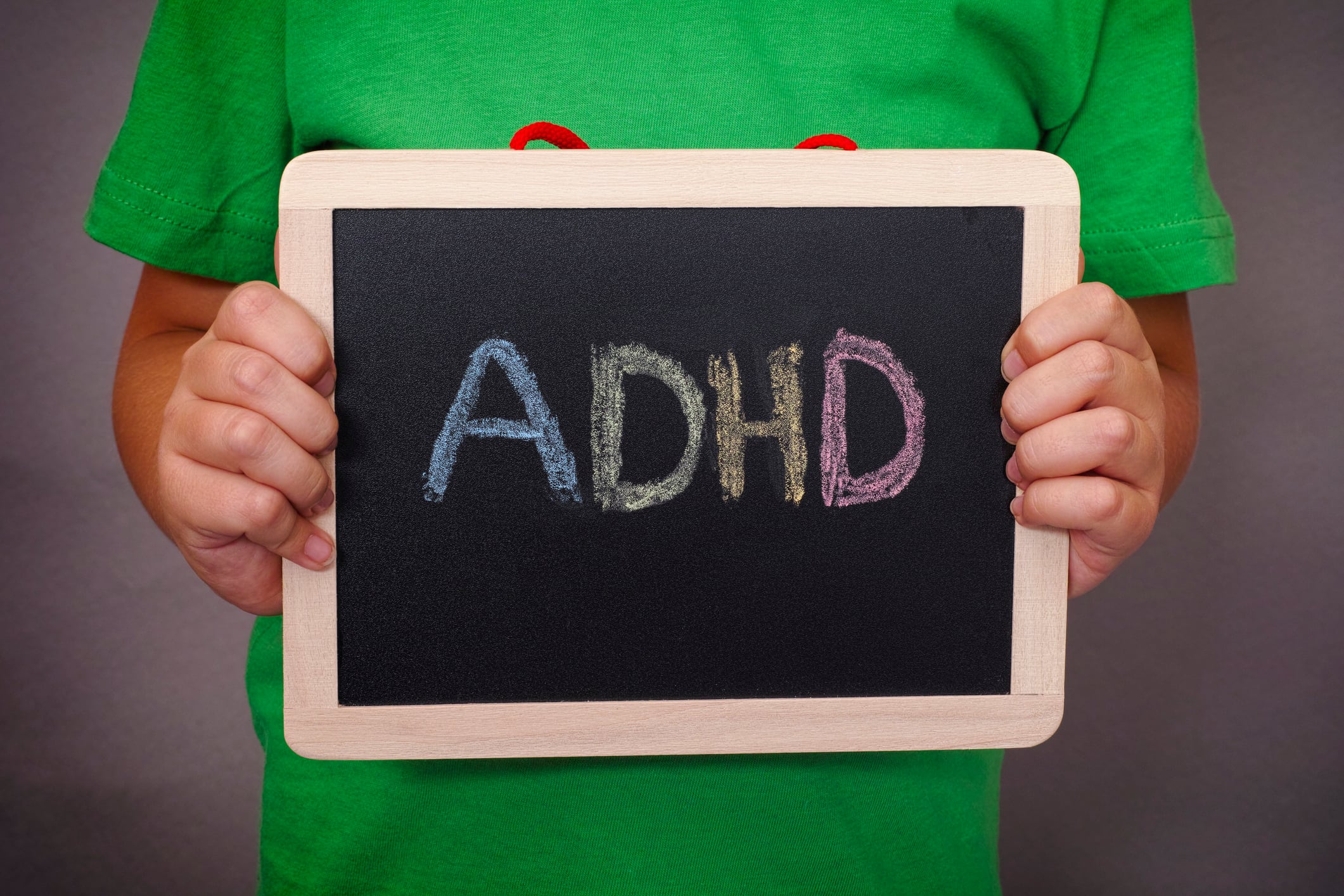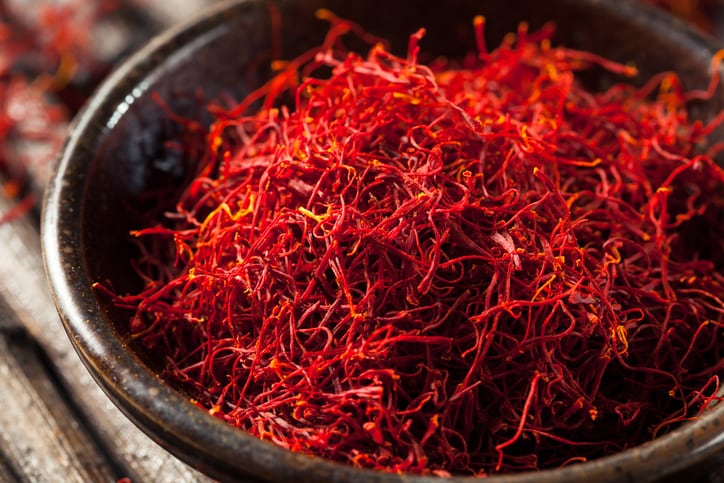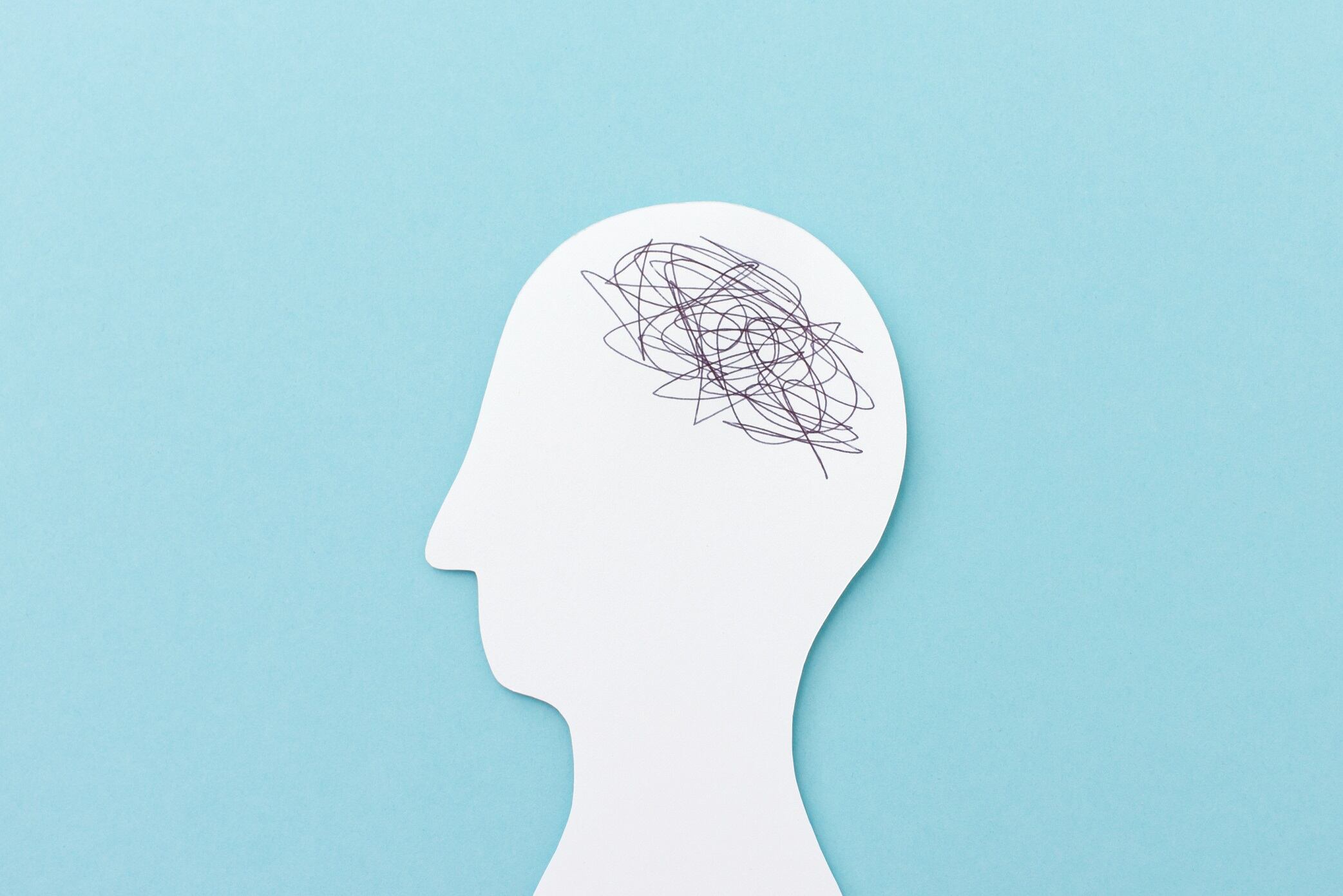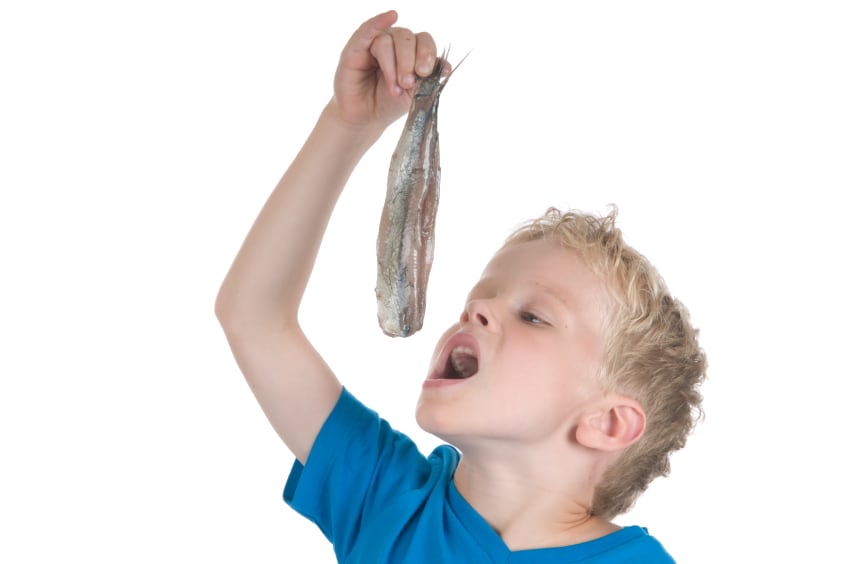Scientists from the University of Antwerp report that ten weeks of supplementation with Pycnogenol led to significant decreases in hyperactivity/impulsivity and inattention as assessed by teachers.
While the improvements were not always similar to those observed with Medikinet (Methylphenidate hydrochloride, MPH), a leading prescription drug for ADHD management, the pharmaceutical was associated with five times more adverse effects than the Pycnogenol group, according to data published in the Journal of Functional Foods.
“In paediatric ADHD and especially in the primary school environment, PBE [pine bark extract] was proven to be a good alternative for MPH for those willing to wait a few weeks for effects, a fortiori when considering its almost complete lack of adverse effects as opposed to MPH,” wrote the scientists.
“Results of this study strengthen the evidence underlying ‘natural’ treatment options, which is highly desired by medical staff, patients and parents.”
Pycnogenol
Horphag Research’s Pycnogenol ingredient is a combination of procyanidins, bioflavonoids and organic acids extracted from the bark of the maritime pine. It is available in more than 1,000 dietary supplements, cosmetic products and functional foods and beverages worldwide.
The ingredient has been the subject of scores of clinical studies for 40 years, with data suggesting benefits covering everything from cardiovascular, joint, cognitive and eye health to sports nutrition, relief of hay fever, PMS, tinnitus, hemorrhoidal pain and menopause symptoms.
The new study adds to a significant body of science supporting the potential cognitive benefits of the ingredient. Specific to ADHD, a 2006 study conducted in the Department of Child Psychiatry at the University Hospital in Bratislava found that Pycnogenol relieved hyperactivity and improved attention of children with ADHD compared to placebo.
Study details
The new study compared Pycnogenol to Medikinet and to a placebo. Eighty-eight children with ADHD (average age of 10) were randomly assigned to one of the three groups for 10 weeks. Children under 30 kg (66 lbs) received 20 mg per day of Pycnogenol and those over 30 kg received 40 mg per day. MPH doses for children under and over 30 kg were 20 mg/day and 30 mg/day, respectively. Questionnaires (the ADHD-Rating Scale (ADHD-RS) and Social-Emotional Questionnaire (SEQ) were completed by parents and teachers.
The data indicated that, at the end of the study, both teachers and parents reported significant decreases in the pine bark extract group for decreases in hyperactivity/impulsivity and inattention. Specifically, hyperactivity/impulsivity decreased by 34%, compared to a 36% decrease with MPH (versus a 1% increase with placebo), while inattention decreased by 25%, compared to 52% with MPH (versus a 9% decrease with placebo).
Teachers also reported a 29% decrease in overall ADHD rating scale for children in the Pycnogenol group, compared to a 45% decrease with MPH and a 5% decrease with placebo.
No significant behavioural effects were reported by parents of children in the Pycnogenol group, an observation that the researchers noted “might be attributed to parenting stress and lower sensitivity of parents’ ratings”.
Adverse events were also monitored by the researchers, who reported that MPH was associated with five times more adverse effects than for the pine bark extract. They noted that loss of appetite and unwanted weight loss were observed with the medication, but not with Pycnogenol.
“It is therefore important to consider both behavioural improvement and adverse effects when assessing PBE’s value in ADHD therapy,” wrote the researchers.
“These results should be confirmed by future trials involving a greater number of patients, providing more information on specific subgroups, dosing and mechanisms of action of therapeutic modalities for ADHD,” they concluded.
Source: Journal of Functional Foods
October 2022, Volume 97, 105246, doi: 10.1016/j.jff.2022.105246
“Clinical Investigation of French Maritime Pine Bark Extract on Attention-Deficit Hyperactivity Disorder as compared to Methylphenidate and Placebo: Part 1: Efficacy in a Randomised Trial”
Authors: A-S. Weyns et al.





